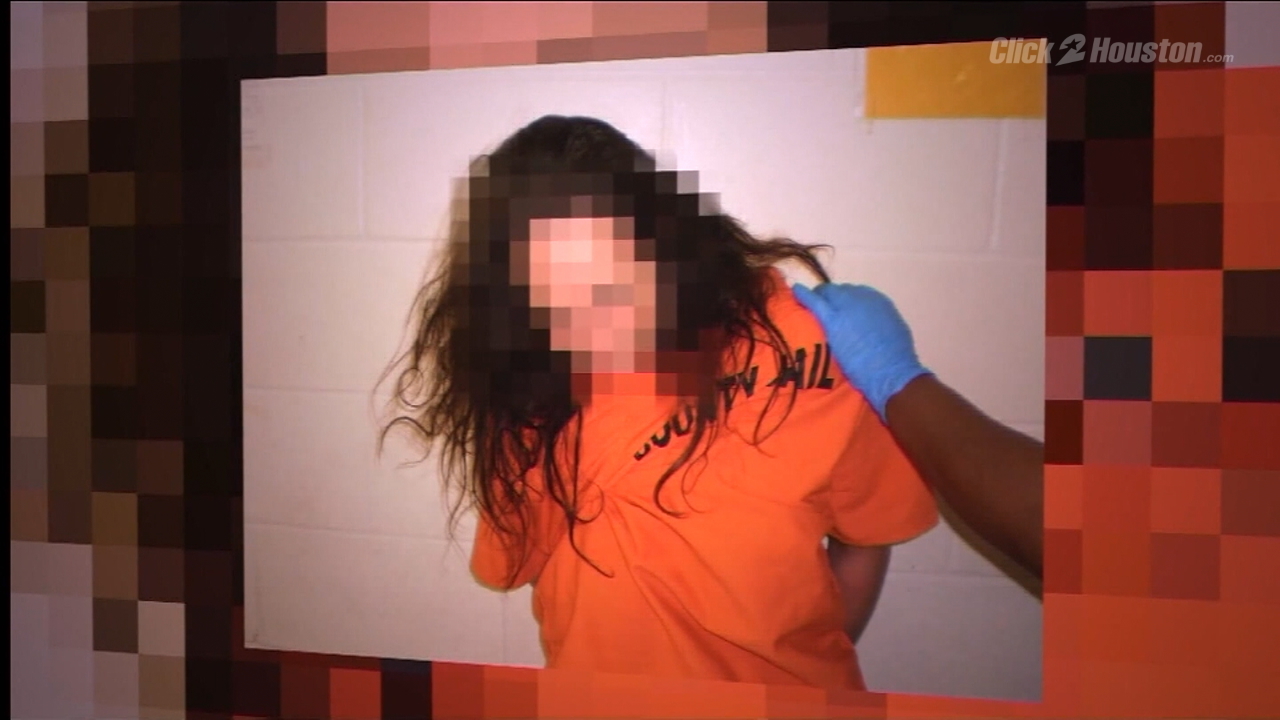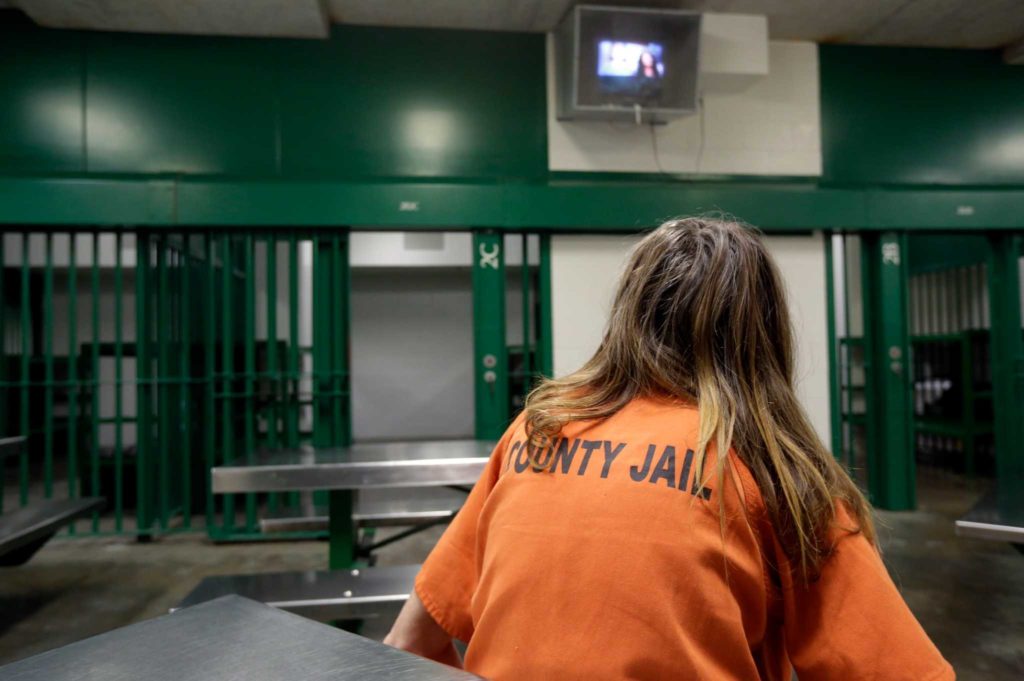
Tracy Whited
Welcome to another year in the hellhole that is the Harris County Jail. On Saturday, January 12, 42-year-old Tracy Whited was picked up on a misdemeanor. She had allegedly knifed her ex-boyfriend’s car. She then tried to walk away from booking, and so was hit with a second misdemeanor. When Tracy Whited appeared in court, the hearing officer rejected a no-cash personal bond. Instead, Tracy Whited was hit with a $3000 bail, which she could not afford. On Monday morning, Tracy Whited was found, by another inmate, hanging with a bedsheet from her bunkbed. On Monday, after being found hanging and cut down, Tracy Whited was issued a personal bond. She was in hospital by then. On Wednesday, Tracy Whited died. Tracy Whited was the fifth `apparent’ suicide in the Harris County Jail in two years. The Harris County Sheriff says jail conditions are improving. A state Senator says he’s considering putting the Harris County Jail under state supervision, basically putting it in receivership. The two sides argue, and Tracy Whited is dead.
The Harris County Jail has been sued time and again for its violations of prisoners’ Constitutional rights. In the past two years, the Harris County Jail has been found in noncompliance five times. Again, in the past two years, the Harris County Jail has been home to five “apparent” suicides. The jail is overcrowded, fetid, and worse. Who’s overcrowding the jail? People awaiting trial … innocent until proven guilty. According to the Harris County Jail’s most recent reports, this is what the jail population looks like on the last day of typical recent months. On the last day of October 2018, of 9794 inmates, 8301 were pretrial. On the last day of September 2018, of 9804 inmates, 8482 were awaiting trial. In August 2018, of 9677 inmates, 8261 were awaiting trial. The Harris County Jail monthly census report, going back to January 2015 shows that, while the numbers may vary, though only slightly, the percentages stay more or less fixed. On any given month, well over 80% of those sitting, and often dying, in Harris County Jail are pretrial, the overwhelmingly majority of whom are there because they couldn’t afford bail. No. The overwhelming majority are there because Harris County insists that everyone must pay to play. That’s why it’s called criminal justice.
Tracy Whited was only the most recent in this cavalcade of those not rich enough to qualify for something like justice, and so poor enough to be condemned to death. In August 2018, Debora Lyons was picked up on a theft charge. Her bail was at $1500. Within days, she was found hanging from a bedsheet in the Harris County Jail. These deaths are not accidents nor are they suicides. They are a public program of abandonment. Debora Lyons last year and Tracy Whited this year were `left to their own devices’, which means they were left to hang from bedsheets.
In 2013, a women, referred to as Jane Doe, was raped. Jane Doe lives with bipolar disorder. In December 2015, Jane Doe testified against the man who raped her. Midway through her testimony, she broke down. Initially, Jane Doe was involuntarily committed to a psychiatric ward. Once “stabilized”, Jane Doe was sent to the Harris County Jail, where she stayed for 28 days, waiting for the trial to proceed. Jane Doe “was imprisoned in the hellhole of the Harris County Jail for no reason other than being a rape victim who struggles with a mental disability.”
In jail, Jane Doe was assaulted, insulted, verbally abused, demeaned, and worse. She was put in with the general population, even though there is a mental health unit in the jail. She was assaulted by staff who said they were confused and thought she was the rapist. In the end as throughout, Jane Doe cooperated with officials and completed her testimony, in January 2016.
In July 2016 Jane Doe sued Harris County. In July, “Jane Doe” was renamed “Jenny”. Jenny’s mother sued Harris County as she pushed legislators to address the nightmare situation. In April 2017, the Texas Senate unanimously and without debate approved “Jenny’s Law” requires a defense attorney be appointed for witnesses and victims and that would receive a full hearing before a judge could sign a writ of attachment and send them off to jail in order to secure their testimony at trial. Jenny’s mother wrote, “Putting a victim in jail should never be an option. Today Jenny is still struggling with the entire trauma she endured by the rapist and also being re-victimized by the justice system.”
The line from Jenny to Tracy Whited is direct. Tracy Whited is dead because she couldn’t come up with $3000. Debora Lyons couldn’t find $1500. How much is your life worth? Atrocities will continue in the Harris County Jail, and beyond, until the bail-to-prison pipeline is shut down, once and for all. Maybe one day, Texas will enact a Tracy’s Law, ending bail and beginning the long slow walk to justice and healing. Until then, corpses will continue to pile up. It’s in the numbers.
(Photo Credit: Houston Chronicle)


